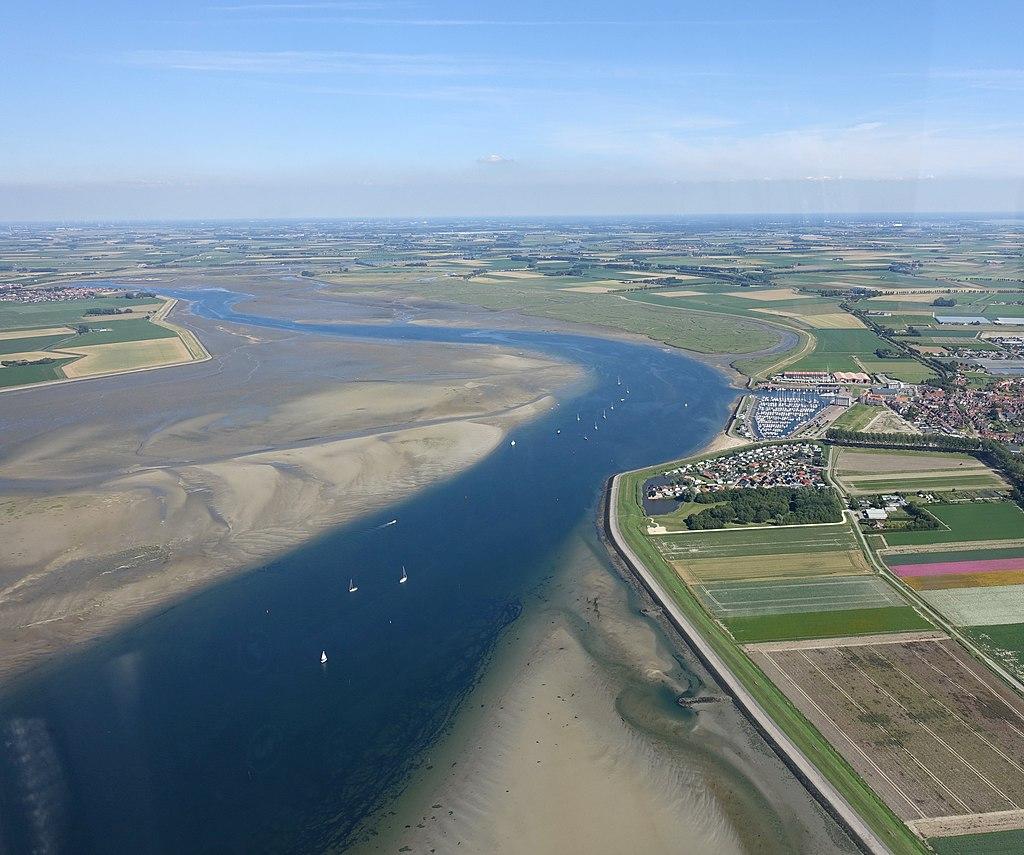UU plays a prominent role in three projects
NWO invests 140 million euros in large research equipment

Some of the equipment is so expensive that no single university would ever be able to pay for it, even though the research project would be of use to science. Hence the Dutch government's decision to create a road map for large-scale research-related infrastructure.
Funds were distributed for this purpose for the first time in 2008. Since then, there have been several rounds which have benefitted 21 research projects. This year, nine projects were added to that list, three of which have Utrecht University in a prominent role.
Soils and deltas
NWO has earmarked 18 million euros for the research project EPOS-enLarge, which focuses on how to use the Dutch soil safely and efficiently. Knowledge about this topic is useful because geothermal energy and underground storage may help to achieve climate objectives. UU is working in this project alongside TU Delft, KNMI and TNO. The Professor of Geology and Microscopy, Martin Drury, is its scientific director.
In the project Δ-ENIGMA, UU and other universities and knowledge institutions are going to research how Dutch deltas and coastal plains develop themselves, which is expected to provide better insight on the consequences of climate change and sea level rise. The researchers hope to contribute to making these places habitable and livable. UU Professor Gerben Ruessink is leading the project, which received 16 million euros from NWO.
Dutch researchers are also well-represented in the Social Science and Humanities Open Cloud for the Netherlands (SSHOC-NL), for which NWO allocated 15.2 million euros to link two big datasystems in a safe and ethically responsible manner. The two data systems to be linked are ODISSEI, the national infrastructure for Social Sciences, and CLARIAH, an important infrastructure for the Humanities. Four of the eleven applicants involved with this project are connected to UU.
International
Some of the projects are international, such as the LISA observatory, which is being developed to measure gravitational waves in space. An information paper states that “the Netherlands is building crucial components for this interferometer”.
The Extremely Large Telescope being built in Chile is another international project getting money from NWO. The funds are intended for the Dutch contribution, which “will guarantee the leading position of the Netherlands in astronomy for decades to come”.
Some of the equipment NWO is allocating funds for is actually located in the Netherlands. Researchers in Nijmegen, for example, are working on the world’s strongest MRI scanner, which will enable them to study the workings of the human brain even better. In another striking project, researchers aim to create virtual ecosystems.
Funding from the Dutch Research Council is temporary. That means that these projects will have to find other sources of funding after a while. The applicants have to jump through all kinds of hoops to demonstrate that they can do it. However, the university magazine Vox, from Nijmegen, reported recently that the Nijmegen magnet and laser laboratory is facing difficulties (article in Dutch, Ed.), even though it got money from NWO in an earlier round. Negotiations with the Dutch Research Council about the future of the laboratory are ongoing.